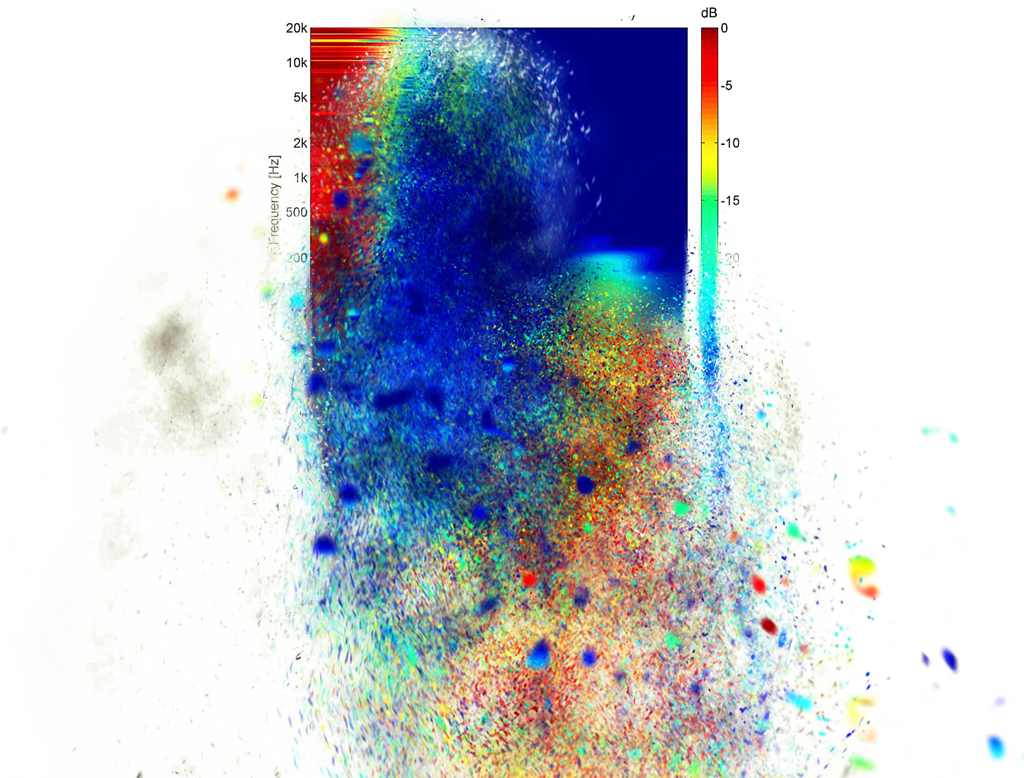Rotting sounds – Embracing the temporal deterioration of digital audio
is a project of artistic research funded by the PEEK (Programme for Arts-based Research) funding program, managed by the Austrian Science Fund (FWF). The project AR 445-G24 is scheduled to run from May 2018 until the end of 2021.
Thomas Grill (University of Music and Performing Arts Vienna) is the project manager and principal investigator. He has ample experience in both scientific and artistic research and has been composing, performing and exhibiting with digital sound for over 20 years.
Till Bovermann (University of Applied Arts Vienna) is his main discourse partner. In his artistic works, Till addresses the relationship between seemingly contradictory elements, e.g., the digital and physical realm.
Almut Schilling (Academy of Fine Arts Vienna) covers the field of preservation of electronic and digital art and will collaborate on researching the principles of degradation.
The team interacts with a pool of technologists (Marije Baalman, Martin Howse, Martin Gasser, Nadja Wallaszkovits) who provide knowledge and develop tools and experimental prototypes, and with additional international experts (Reinhold Friedl, Andreas Rauber, Mario de Vega, Erich Berger) providing input and critical feedback.
Cooperation partners for workshops and presentations are the Anton Bruckner University, Linz, the V2 institute for unstable media in Rotterdam, and the Floating Sound Gallery in St. Petersburg, among others.
More information is available for download.
Most of today’s media output, be it audio or video, is produced and stored in the digital domain. Although digital data are adorned by the myth of lossless transmission and migration, everyday experience does prove the existence of degradation and, ultimately, data loss in various forms. This pertains to the physical nature of storage media and playback devices as well as to media formats and software in the context of their technological infrastructure. The project strives to elaborate on the causes, mechanisms and effects of such deterioration, specifically in the context of digital audio.
Since degradation cannot be avoided on principle, it is our general aim to unearth latent degrees of freedom pertaining to the artistic practice in the omnipresence of decay.How can degradation effects be understood, actuated, reproduced, directed and harnessed within sound art? Which are the mechanisms and implications of obsolescence concerning hard- and software? How can we model the process of decay in the digital domain, and what are its products and residues? What is the impact of the environment and human interaction? To which extent are artworks products of their material sources or their symptoms of decay?
To set up the project, we will conduct formal research on the fundaments and mechanisms of data degradation, and we will also organize five topical workshops in order to generate novel ideas and concepts. We will develop a low-level digital audio toolkit on which we will base our experiments on deterioration, potentially in all conceivable forms, pertaining to technical components such as data carriers, electronic circuits, algorithm logic and language, as well as to aesthetics and meaning in the form of musical content. A selection of experimental prototypes will be produced as artworks, and exposed to the public in the form of performances and exhibitions over long durations and/or in demanding environments. Written publications and a symposium will reflect on the concepts, results and repercussions of the project.
We envision our endeavor to function as a lighthouse project, deepening the awareness of largely unexplored properties of digital sound as a major component of contemporary art and prevalent technology. We hope to raise the conscience regarding the materiality, fragility and socio-economic contextuality of digital data in general by discussing and disseminating these topics in the broader artistic and scientific public. Our approach is basically inverse to a typical technological or scientific methods: Instead of researching means to overcome a commonly understood defect, we propose to recognize and integrate this defect, so that its potential damage is transferred into a benefit.
